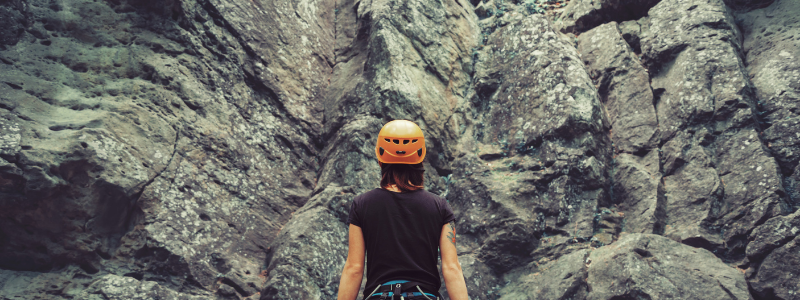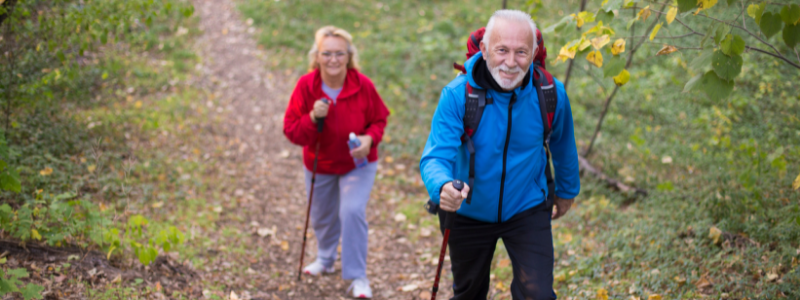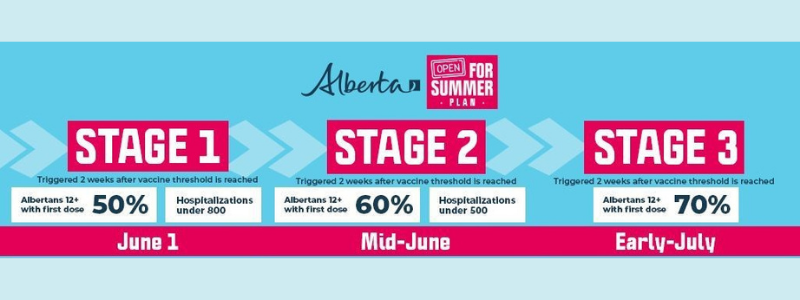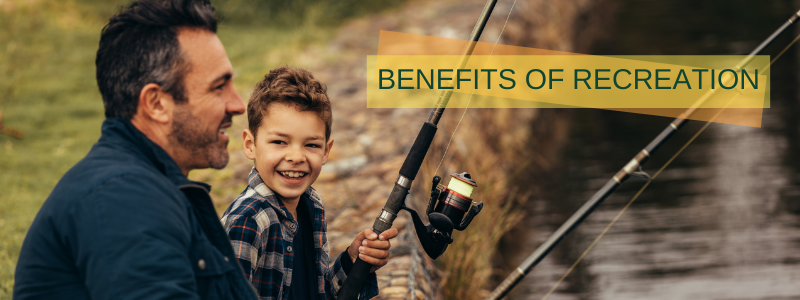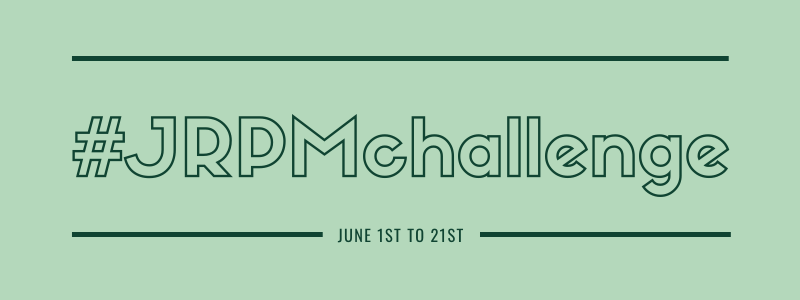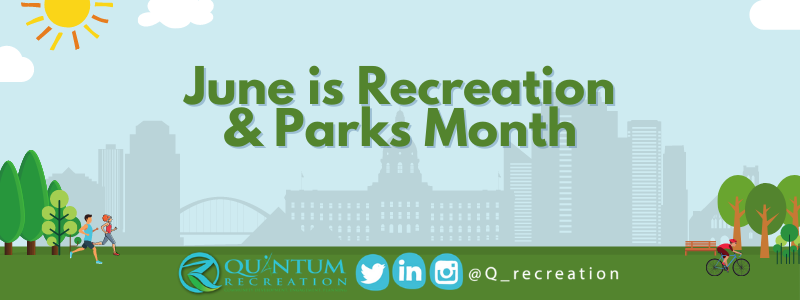If you still think you don’t have the time to regularly engage in recreational activities or believe that these are just all nice-to-have, then you are missing all the following amazing benefits.
Happier Life
Research showed that sport and recreation participation is positively associated with happiness. Practiced in clinical, residential and community settings, the profession of therapeutic recreation uses treatment, education, and recreation services to help people with illnesses, disabilities and other conditions to develop and use their leisure to enhance their health, independence and well-being.
Outdoor adventure activities for people with limited physical ability give participants feelings of success and improved feelings of confidence. There is no greater opportunity for people to experience self-actualization and spiritual renewal, creative expression, discovery and stimulation than leisure offers.
Stronger Family Bonds
Family bonds are improved by the sharing of leisure time. Families that recreate together tend to be closer, more cohesive and improve their chances of staying together. This is true with both parent-child relationships and married couples. Families are the cornerstone in promoting well-being and healthy development in children.
Look Better and Feel Stronger
Sports participants had significantly lower body mass index values, lower blood pressures, and lower resting pulse rates. Physical activity helps you manage a healthy weight, making you fit, less prone to injury and less likely to experience depression.
Build Self-esteem
When young people feel good about themselves, they operate more effectively and productively in our communities, families and schools. Adventure programs teach the importance of trust, appropriate risk-taking, supportive social interaction and personal challenge while creating valuable lifelong memories.
Leaders are trained, developed, and nurtured through leisure organizations such as teen clubs, camps and programs.
Relieve Stress and Anxiety
People who engage in leisure activities have lower stress levels. Positive and enjoyable recreation experiences can decrease stress and psychological tensions. These activities provide people with the opportunity to expel energy and emotion not being released in other aspects of their lives. Psychologists found that activities such as a walk in the woods boosted the immune system that lasted two or three days. Each additional mile walked or run by a sedentary person would give him or her an extra 21 minutes of life.
Meet Friends – Create Memories!
A child develops social skills, problem solving and creativity through early play experiences. The best opportunities are those that are planned and supervised. Physical activity is intellectually stimulating and enhances the learning process and the development of cognitive skills.
Lower Health Care Costs
Physically active older people typically benefit from lower blood pressure, increased muscle strength, joint flexibility, and lower total cholesterol levels than less active people. Leisure activities can create new social relationships for Seniors after the loss of a loved one.
Offer Place for Social Interaction
The social need for recreation has been identified as a means for community involvement and an expression of citizenship. A sense of community and social contact is fostered to combat urban social problems like loneliness and isolation.

